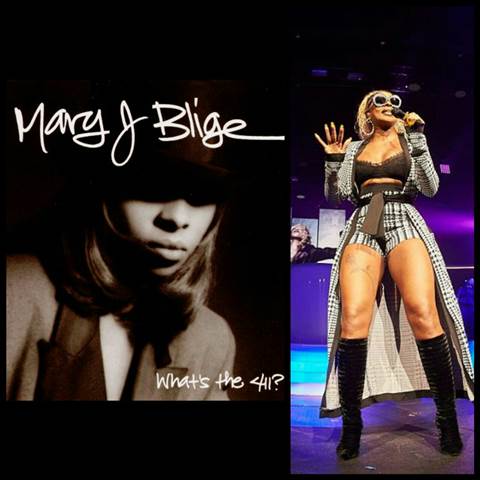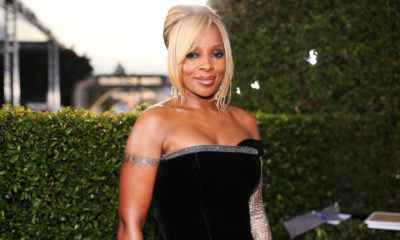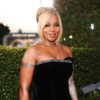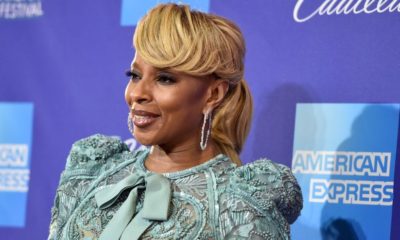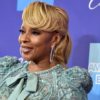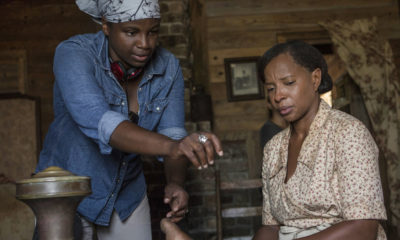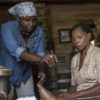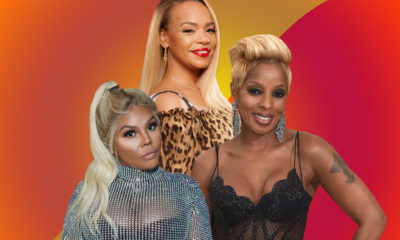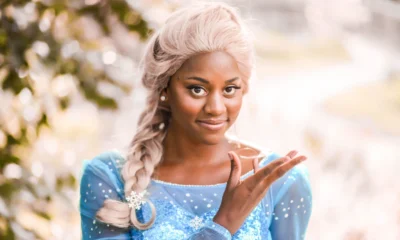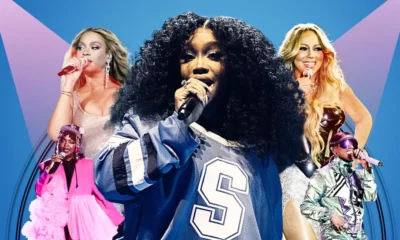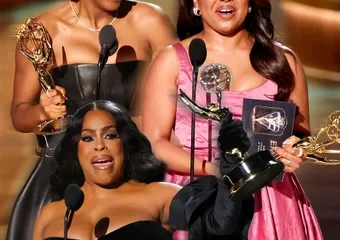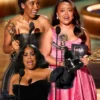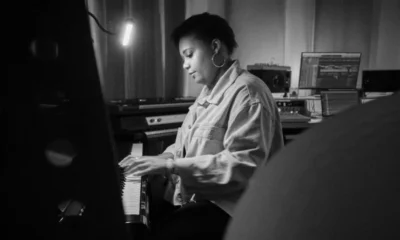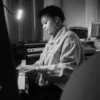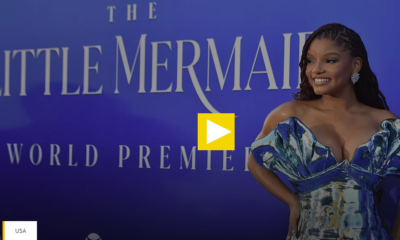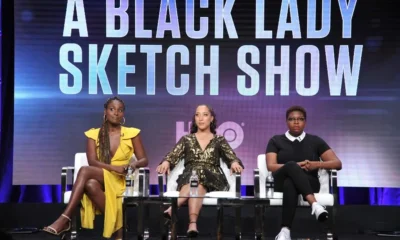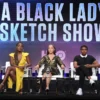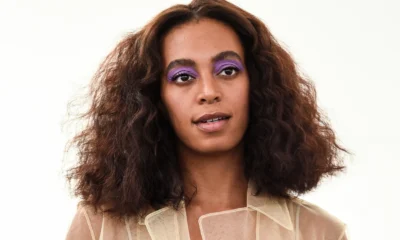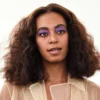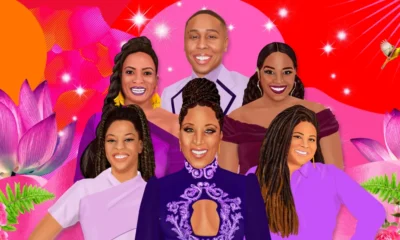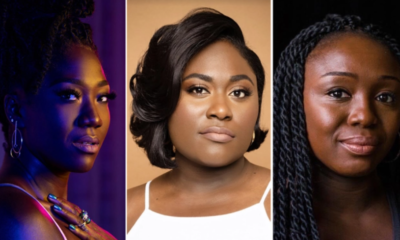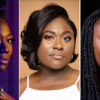Black Women in Entertainment
25 Years Later, Mary J. Blige, Queen of Hip-Hop Soul Reigns Supreme
It’s been a long and winding — and yet triumphant — road since a street-savvy, aspiring singer from Yonkers’ Schlobohm housing projects came to the attention of Uptown Records executives via a karaoke style cassette tape of her singing Anita Baker’s ‘Caught Up in the Rapture.’
That was over a quarter of a century ago and the music scene, which was already awoken by the platinum-selling potential of hardcore hip-hop music, was already in gear to experience a seismic shift.
The young woman’s birth name was Mary Jane Blige and she had a look and sound that was quite a polarizing contrast to what the record industry grew comfortable with for a black R&B vocalist. But thanks to the risk-taking efforts of Uptown Records honcho Andre Harrell (a former rapper, himself) and his ambitious and audacious team of image builders (including Kirk Burrowes, Sybil Pennix, Lisa Cambridge, Malika Thompson and the omnipresent Sean “Puffy” Combs) a legend was born.
Gone were the shiny, sparkly sequined gowns, the perfectly-coiffed hair and the syrupy, refined lyrics of unrequited love. Instead, Mary J. — who first appeared as a back-up singer on 80’s rapper Father MC’s most notable track ‘I’ll Do 4 U’ — was picking up what her label mates Jodeci was throwing down, ushering a new style of black music that didn’t make any bones about catering directly to the streets, championing the forgotten and speaking up for the disenfranchised; all in the name of love.
With her baseball cap to the back, baggy clothes and bleached blond tresses, she became an emblem of audacious hope — the little black girl who could make it to the top by not following all the rules, and coloring outside of the lines.
Some media outlets referred to the trendy sound as “New Jack Swing” (originally attributed to the era’s in-demand producer Teddy Riley) but Harrell came up with the concept of “hip-hop soul” and audaciously crowned the Bronx native its “Queen.”
Please read original article- ‘Reminisce’: 25 Years Later, Mary J. Blige, Queen of Hip-Hop Soul Reigns Supreme



